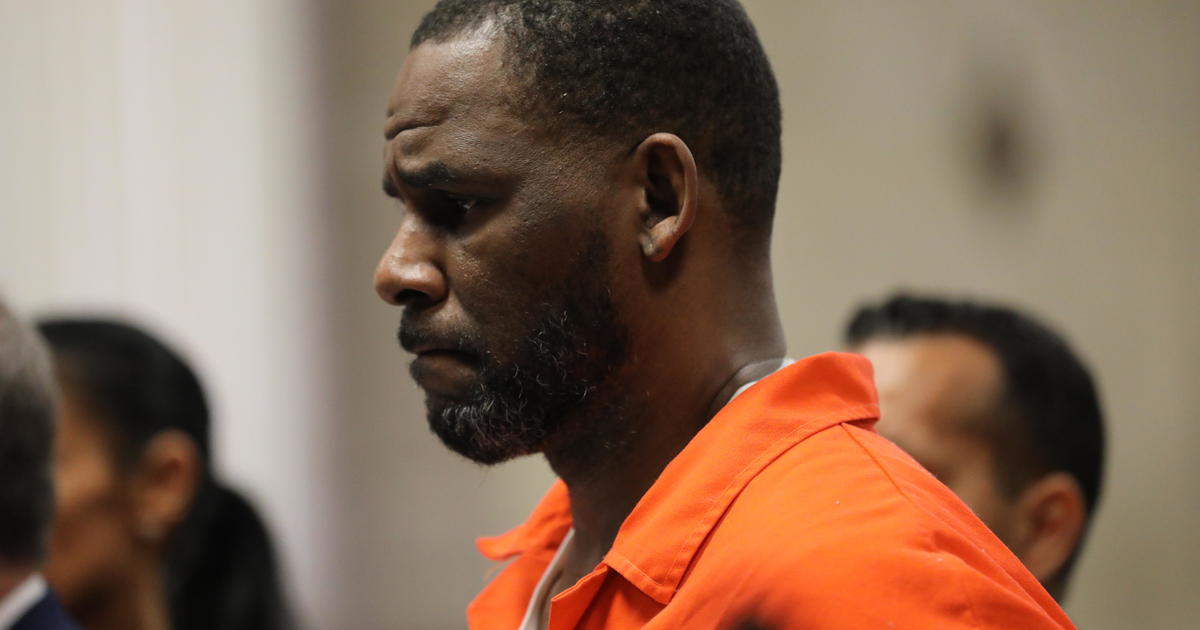(CBS) -- The "golden years" of retirement are significantly tarnished for some older Americans, whose ranks among the bankrupt have surged fivefold since 1991.
Even though the U.S. population is aging, the spike in older Americans entering bankruptcy far exceeds the demographic shift, according to new research from the Consumer Bankruptcy Project, which analyzed data from bankruptcy court records and written questionnaires. About 100,000 of the 800,000 annual bankruptcy filings are from households headed by seniors, or about 12.2 percent of all filings.
The culprit appears to be cutbacks in the social safety net -- such as raising the retirement age and requiring seniors to pay more out-of-pocket healthcare costs -- as well as a shift in risk from government and corporations onto individuals. Americans are less likely today to retire with a private pension, given the growing popularity of 401(k)s, where workers are responsible for making their own investment and savings decisions, and more likely to be carrying mortgage and credit card debt into their 60s and 70s.
The full retirement age for Social Security, once 65, is inching up every year. And retirees are now paying 20 percent of their income on healthcare expenses even though they are covered by Medicare, compared with 12 percent for previous generations.
As a result, the rate of bankruptcy among Americans over age 65 has doubled over the period studied by the researchers. "For an increasing number of older Americans, their golden years are fraught with economic risks, the result of which is often bankruptcy," their report noted.
Because one-quarter of the country will be older than 65 by 2050 compared with 15 percent now, the authors predict America will see a "coming storm of broke elderly."
Older and poorer
The problem with these societal risk shifts, as the authors view it, is that seniors are the group least able to cope with such changes. Because of their age, they have fewer years to build or rebuild wealth, and it's common for older Americans to have trouble finding jobs that pay as much as they earned when they were younger, they noted.
"Retirement is a particularly precarious time of life," they wrote.
Bankruptcy is designed to provide a "fresh start" by wiping away debts or restructuring them in a way that makes it easier to pay them down, but bankrupt seniors don't have enough time to regrow their financial wealth, they added.
Bankrupt seniors are in rough financial shape, the researchers found. They are shouldering more than $100,000 in debt, compared with $1,000 in debt for their non-bankrupt peers. Financially solvent senior citizens have about $251,000 in wealth, but bankrupt older Americans have negative net wealth of more than $17,000.
Older Americans who file for bankruptcy are less likely than their younger peers to have a college degree, although there's no racial difference between older and younger debtors, the researchers found. But across the general population, Asian-Americans and Hispanics are less likely to file for bankruptcy than white or black Americans.
"All things went up in price"
Older Americans who file for bankruptcy told the researchers in survey responses that they were often hit by a double-whammy: inadequate retirement income and rising costs -- especially healthcare costs.
"All things went up in price," one unidentified respondent told the researchers. "Retirement never went up. Had a part time job that was helping to meet monthly payments. House payment kept going up. Was fired from my part time job that I had for over 10 years without any warning. Being 67 and having back problems, not many people will hire you even as part time worker."
Others noted their health problems resulted in a loss of their job or income, while their insurance didn't fully cover their health expenses.
"I got to the point I owed more than I was making on Social Security. To get out from under these medical bills I had to file bankruptcy," another respondent told the researchers.
About 7 out of 10 respondents indicated that the combination of medical expenses and missing work contributed to their bankruptcies.
Asked what they were unable to afford in the year before going bankrupt, half of seniors said the most important thing they had to cut back on was medical care, such as surgeries, prescriptions and dental care.
"These responses continue to suggest that their health care coverage is inadequate," the researchers wrote.
Taken together, the portrait of retirement in the U.S. is one of instability and risk, at least for some Americans. And bankruptcy, while designed to provide some relief, may be "too little too late."
They added, "By the time they file, their wealth has vanished, and they simply do not have the enough years to get back on their feet."



